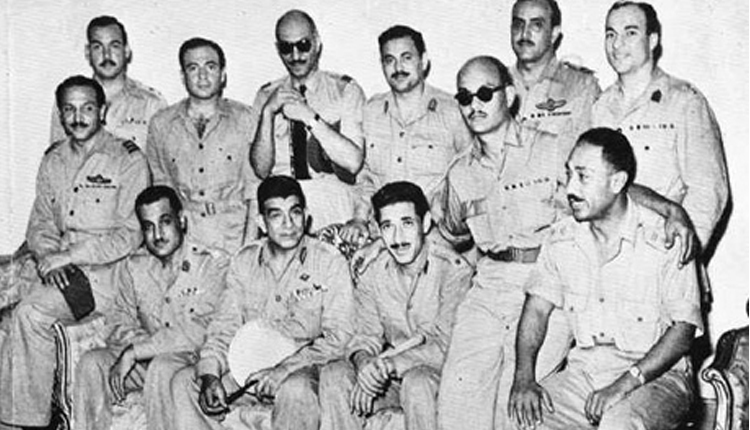23 July Revolution: A quick history in pictures
Egypt commemorates on Monday the 62nd anniversary of the 23 July Revolution, which turned the country from a hereditary monarchy into a republic, sending waves of change across the Middle East and Africa.
On 23 July 1952, a group of ambitious Egyptian army officers led by a young Gamal Abdel-Nasser and veteran General Mohamed Naguib forced King Farouk I to abdicate the throne to his son, infant Crown Prince Ahmed II.
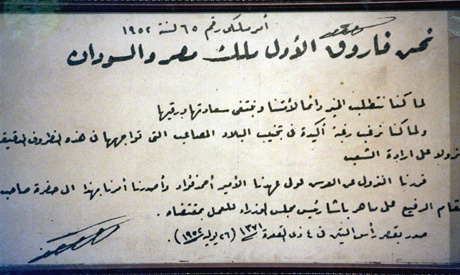
The ousted king and his immediate family left the country on the famous Mahrousa Royal Yacht for one last voyage to Capri, Italy, where Farouk I would live in exile until his death in 1960.
Back in Cairo, the young officers and their movement turned Egyptian society upside down with their political and economic changes. Despite its many ups and downs, the 23 July Revolution has survived as the mother of the modern Egyptian republic.
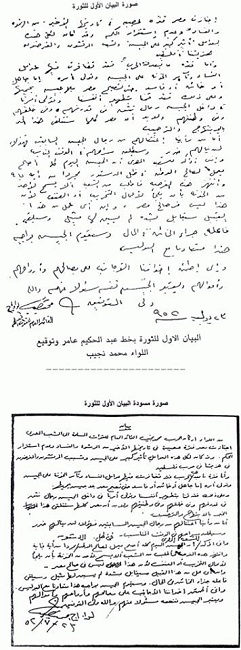
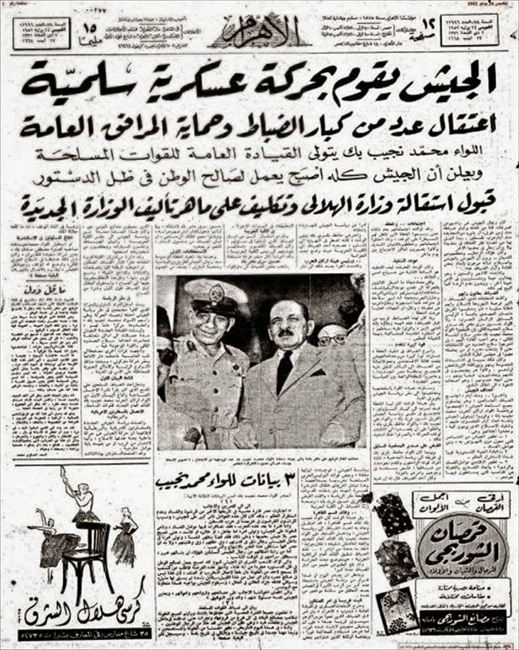
The young officers aimed to gain full independence for Egypt, reform the corrupted political life in Egypt, ensure social justice in the highly classist society by ending feudalism, and set up a powerful army.
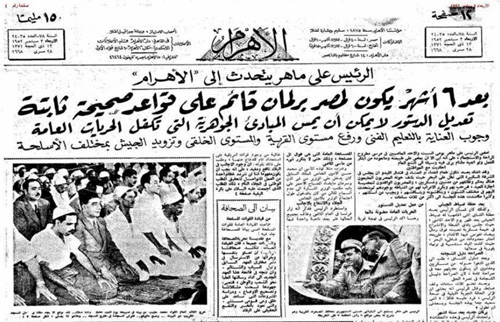
In June 1953, General Naguib declared that Egypt was a republic, briefly becoming the country’s first president and forever ending the rule of the royal family of Mohamed Ali Pasha.
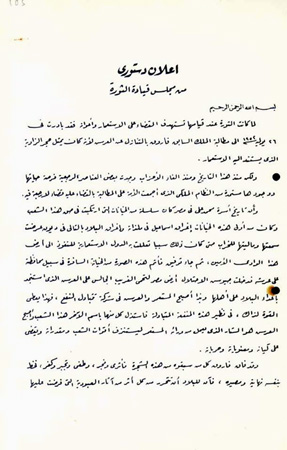
In early 1954, political parties were disbanded and the Muslim Brotherhood group was officially banned in the country.
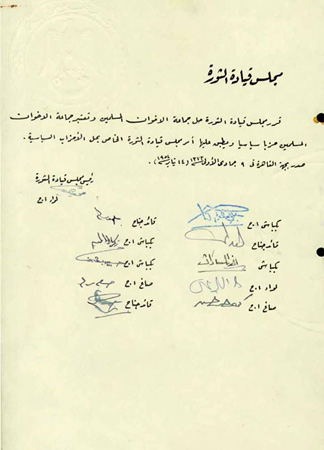
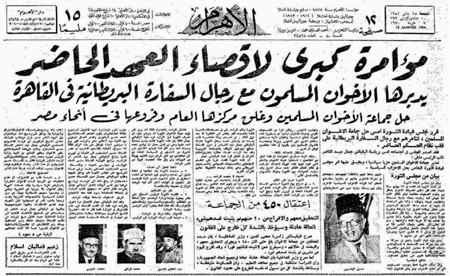
In March 1954, the country would witness the so-called “March Crisis,” where the revolution’s leadership council was divided over the democratic political reforms to be implemented. The council was divided between old veteran Mohamed Naguib and the young ambitious Abdel-Nasser.
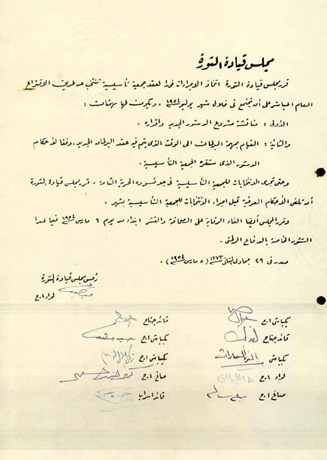
In November 1954, General Naguib was ousted from his position and officially accused of plotting with members of the Brotherhood against the Free Officers’ government. Naguib would spend the next two decades under house arrest.
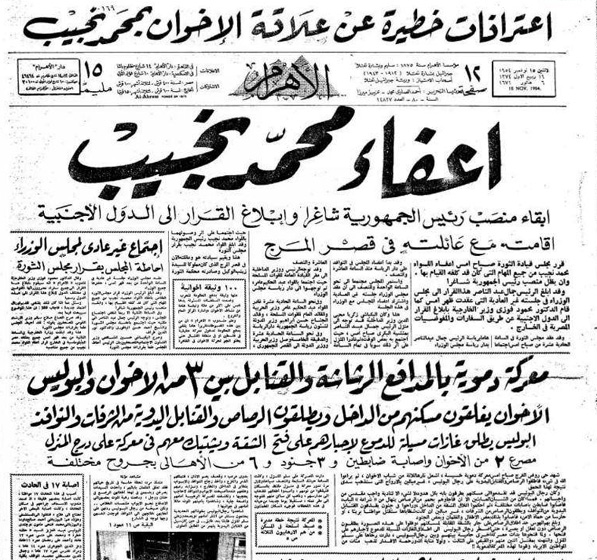
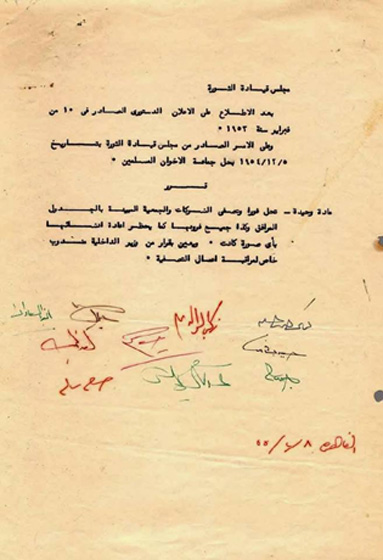
Abdel-Nasser was the true force behind the army movement, which comprised young army officers who did not like how Egypt was suffering under the Mohamed Ali royal family rule and British occupation following Egypt’s defeat the 1948 war against Israel.
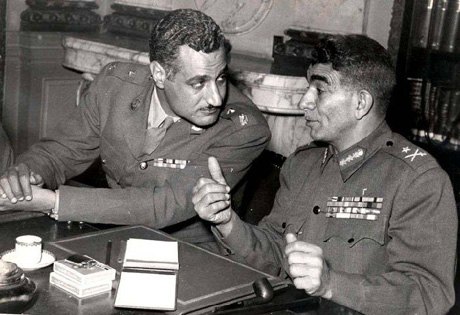
There were others who played very important roles in the Free Officers Movement, such as Anwar El-Sadat – who would later become president – Zakira Mohi El-Din, Gamal Salem, Saleh Salem, Hassan Ibrahim, Youssef El-Sadik, Abdel-Latif Boghdady, Kamel El-Din Hussein, Khaled Mohi El-Din and Abdel-Hakim Amar.
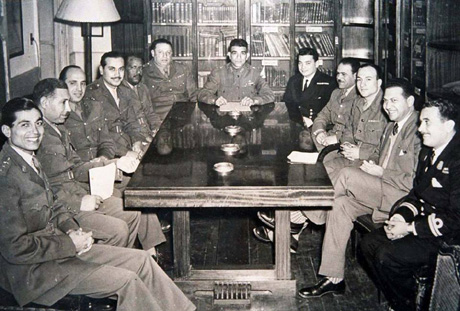
The year 2018 witnessed the departure of the last living member of the original Free Officers Movement, veteran leftist politician Khaled Mohi El-Din.
Mohi El-Din, who died at the age of 95 after a long struggle with illness, spoke candidly about his experience with the Free Officers in his 1992 best-selling memoires ‘Now I speak,’ which were translated into English in 1995 by the American University in Cairo under the title ‘Memories of Revolution: Egypt 1952.’
Source: Ahram Online


